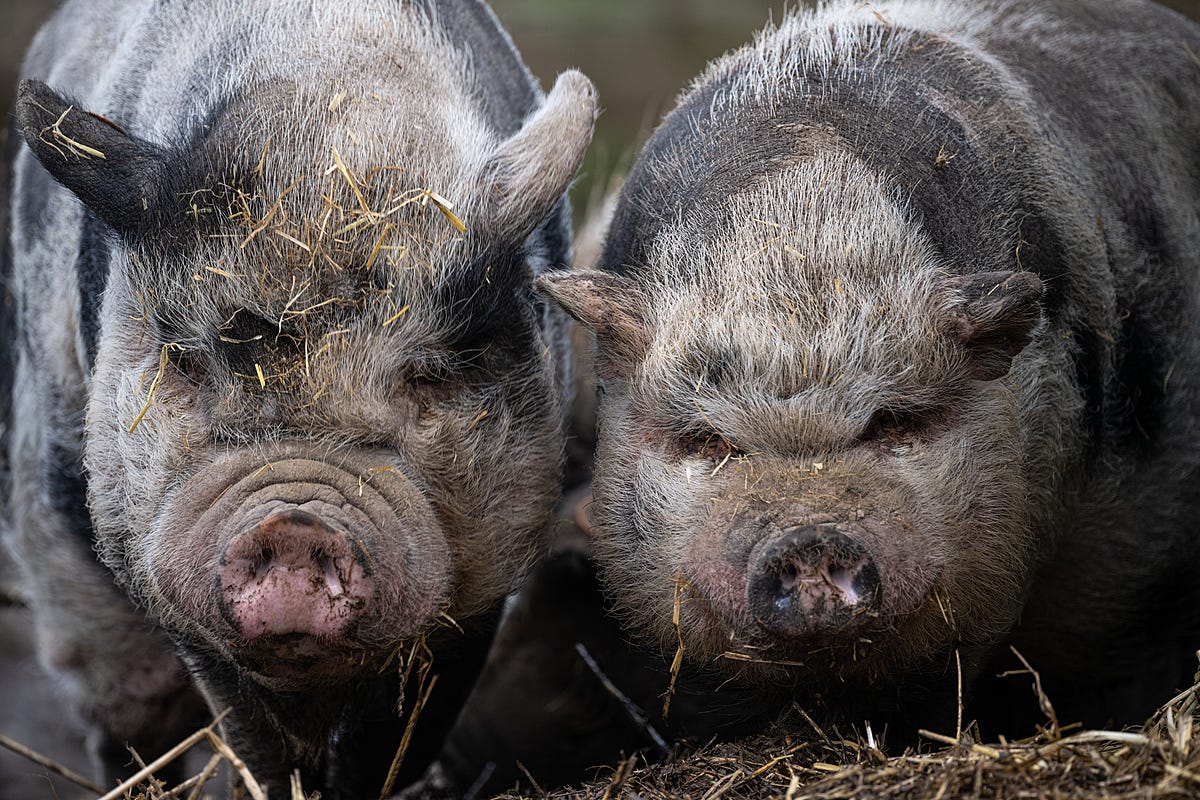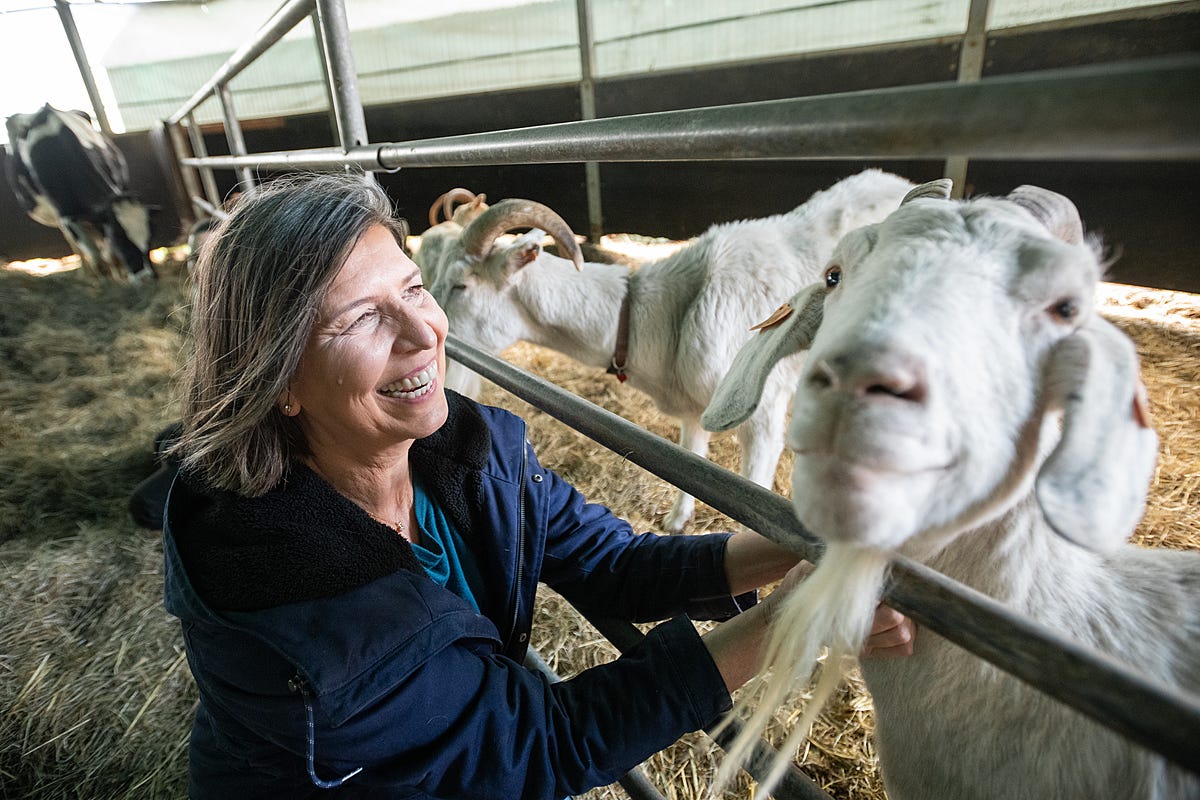This post originally appeared in the monthly farm animal welfare newsletter written by Lewis Bollard, program officer for farm animal welfare. Sign up here to receive an email each month with Lewis’ research and insights into farm animal advocacy. Note that the newsletter is not thoroughly vetted by other staff and does not necessarily represent consensus views of Open Philanthropy as a whole.
The European Union’s farm animal welfare reform proposals are in jeopardy. Two weeks ago, the Financial Times reported that “Three EU officials with knowledge of the matter said the commission had dropped the proposals completely…” European Commission President Ursula von der Leyen subsequently neglected to mention them in her State of the European Union address. The Commission then omitted the proposals from its new list of priorities for next year — and its draft agenda for the rest of this year, which leaked earlier this week.
It’s hard to know what to make of these developments. A fourth EU official told the Financial Times that the Commission might still propose a scaled-back version of the proposals. Neither von der Leyen’s speech nor the Commission’s list of priorities are meant to be comprehensive. And Le Monde later quoted a Commission spokesperson insisting that the proposals were still under review, though “we cannot give any details regarding the timetable.”
But even that comment is bad news, given the Commission’s repeated past promises to publish its proposals by the end of this year. That timeline is critical to ensure the current Commission has time to share the proposals with the current European Parliament, whose term expires, along with the Commission’s, next year. (The next Commission and Parliament could pick up the proposals, but wouldn’t have to.)
There’s a lot at stake. A draft assessment of the Commission’s proposals, which leaked this April, outlined the world’s most comprehensive farm animal welfare reforms to date. Amongst other reforms, they proposed banning cages and crates for Europe’s roughly 300 million caged animals, ending the routine mutilation of perhaps 500 million animals per year, stopping the inhumane slaughter of a billion or so farmed fish, and reducing the overcrowding and pain-inducing growth rate of about 11 billion broiler chickens annually.
This was the result of a years-long campaign by committed European advocates. For the cage ban alone, they secured the signatures of 1.4 million EU citizens in a citizens initiative, a vote of 558 – 37 in the European Parliament, and the backing of EU Member States from France to Czechia. This prompted the Commission to ask expert panels of animal welfare scientists to review the latest scientific evidence. Their opinions, published over the last year, make clear that many current industry practices are inhumane.
So why is the Commission now wavering in its commitment to reform — and what can we do about it?

Food inflation, farm lobbyists, free traders … and tractors
Commission officials told the Financial Times that the proposals had been dropped due to Europe’s food price inflation, spurred by Russia’s invasion of Ukraine, which reached a historic peak of 19% earlier this year. This is a silly rationale: the proposals are all timed to only take effect in 5-15 years — long after the current economic cycle.
But Europe’s influential farm lobby successfully seized on the rationale, publishing a set of reports purporting to show that the proposals would bankrupt farmers and pinch consumers. This may have worked; earlier this year an opaque EU body, the Regulatory Scrutiny Board, held up the reforms for months before approving them. An advocate who talked with the Chair of that Board was surprised to hear him repeating the industry’s numbers and talking points. And Commission officials have privately shared that their real concern is actually about the reforms’ cost to chicken farmers.
The farm lobby also mobilized opposition to the broader European Green Deal, of which the animal welfare proposals have been a part. Few Europeans farm, and fewer still factory farm animals. But the farmers have outsized political clout — and tractors, which they use to occupy Brussels whenever they don’t get their way. This summer they forced EU politicians to scrap or water down Commission proposals on pesticide use, nature restoration, and the regulation of greenhouse gas emissions in animal agriculture.
The European People’s Party, which has the most seats in the European Parliament, began calling for an end to all new Green Deal proposals affecting farmers. Manfred Weber, the head of the People’s Party, of which Commission President von der Leyen is also a member, recently declared his party the “farmers party.” Indeed, one possible explanation for von der Leyen’s possible backtrack on animal welfare is that she’s afraid of losing ground within the party to Weber, her main political rival for the top job in the next Commission. It doesn’t help that the Green Deal’s main champion, former Commission vice-president Frans Timmermans, left his post for national politics a few months ago.
Free traders are also trying to kill the proposals. Europe’s farm lobby set a red line that they’d only accept animal welfare reforms if they applied to imports too — a requirement endorsed by the European Parliament and Member States, including France last month. That was actually a good idea, to prevent EU consumption fueling cruelty beyond its borders. But it purportedly annoyed Valdis Dombrovskis, the EU Trade Commissioner and Commission Executive Vice President, who wants to strike more free trade deals unfettered by pesky animal welfare requirements. This puts von der Leyen in a bind: she can please the farmers or the free traders, but not both.

Is the support of 90% of Europeans enough?
The Commission now has three options. It could formally scrap the proposals. It could delay them until the next Commission, which may or may not pick them up. Or it could revive some of the proposals and publish them in the next few months. The Commission is purportedly mulling the latter two options, including the potential to just publish the least meaningful of the reforms, like a voluntary animal welfare label for EU producers.
European advocates are mobilizing to push the Commission to keep its promises. They have several opportunities in the coming months:
- Next Tuesday, Commission Vice-President Maroš Šefčovič will meet with Members of the European Parliament. Last year he promised them that “we will overhaul the EU’s animal welfare laws.” Advocates can urge Members to hold him to that promise.
- For the rest of this year, the Spanish government holds the presidency of the Council of the EU. In its presidency agenda, it pledged to “initiate debates on the proposal to revise animal welfare legislation.” Advocates can remind them of that pledge.
- Earlier this month, the head of the European Parliament, Roberta Metsola, told the Financial Times that even if the Commission reins in unpopular environmental proposals, it should still proceed with the animal welfare reforms due to their unique popularity. Advocates can press this point to the Commission and Parliament.
- On a related note, earlier this year the Commission got Eurobarometer to survey Europeans on their support for the animal welfare reforms. That poll’s results were due out this summer, but have since mysteriously disappeared — perhaps because they purportedly show greater than 90% support for key reforms. Advocates can press the Commission to release these poll results.
Regardless of the final outcome, this setback shouldn’t dissuade our efforts. Cages are slowly going extinct in Europe — 60% of European hens are now cage-free — thanks to corporate campaigns and national government bans secured by advocates. That work will go on. So too will the work to get the EU to meaningfully regulate farm animal welfare.
I’m grateful to the committed European advocates who have brought us this far, especially those with Eurogroup for Animals and Compassion in World Farming. Their campaigning for the End the Cage Age European Citizens Initiative started this whole set of reforms, and their sustained advocacy expanded the potential reforms beyond what I thought possible. Sooner or later, their work will result in a Europe free of cages, mutilations, and the other many abuses of factory farms.
